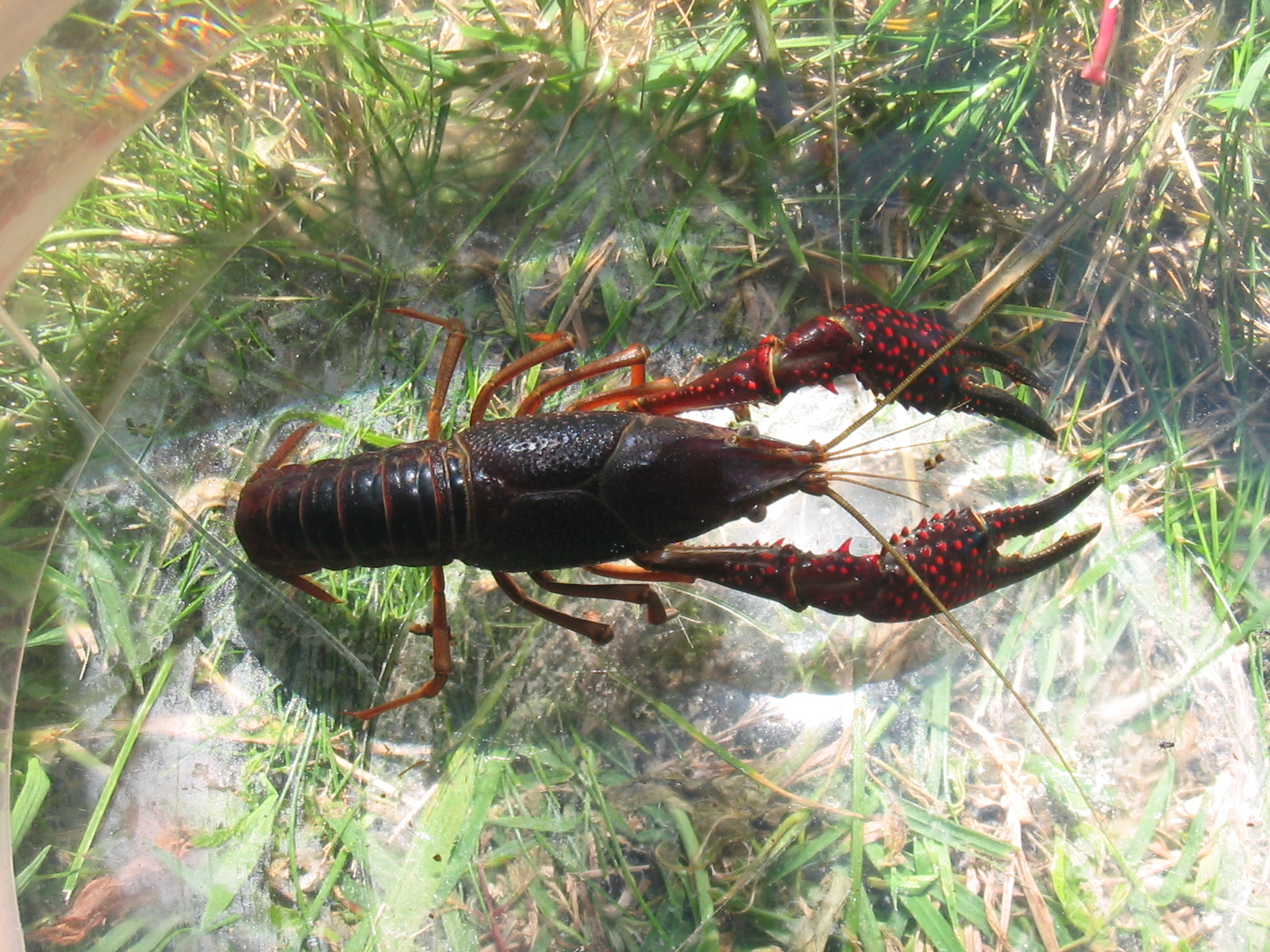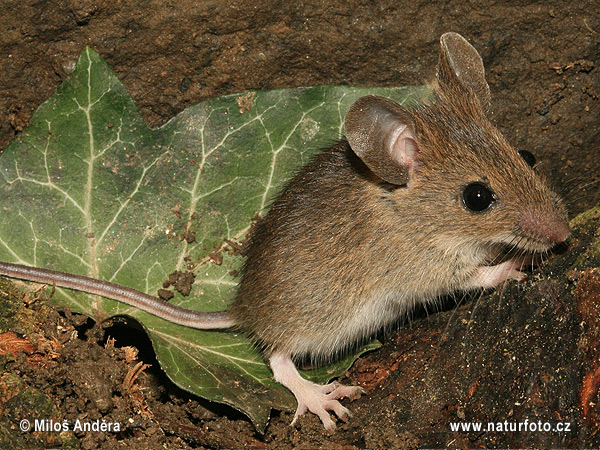Over and out
The Invader Inspector
Ok not really... but I need to check something. Are you feeling pumped? Are you? Because if not then you should be. Today we are turning the tables, ripping up the rulebook and other analogies for looking alternative viewpoints.
Because today, we're looking at positive impacts that invasive species can have!
Did you see that coming? You should have because I said it was going to happen in the quiz. (Which, incidentally, Endemol have expressed an interest in. They think it could be the new Deal or No Deal).
So far we've only really looked at negative impacts of invasive species (remember those poor red squirrels? REMEMBER THEM?!?!). and I'm all in favour of trying to cover multiple angles. I mean this blog isn't for propaganda...
 |
| No place for propaganda here (and yes I succumbed to this terrible trend. And yes, that is a dog #ashamed) |
Before addressing some studies, I decided to do a crude bit of data collection myself. I searched Google Scholar for: 'invasive species negative impact' and 'invasive species positive impact'. Results are in the table below.
| All time | Since 2013 | |
|---|---|---|
| Invasive species negative impact | 427,000 | 17,500 |
| Invasive species positive impact | 385,000 | 17,300 |
To summarise, in all time search results 'negative' comes up with approximately 10.9% more results than 'positive'. BUT since the start of 2013, the difference is only 1.10%. Hardly the most extensive data analysis ever undertaken, but it seems to indicate an increasing awareness that invaders can also have a positive impact.
So, what are those positive impacts?
Well, McLaughlin et al (2013) examined the ecosystem function and service impact of what Vila et al (2010) identified as the 10 'worst' European invasive species. The study found that negative impacts of invasive species are often assumed rather than evidenced quantitatively (!!!!) and shows that some invasive species are covered far more often in literature than others.
 |
| The ten 'worst' invasive species in Europe and their total no. of articles retrieved from ISI web of knowledge. |
All impacted services had mixed results apart from new products/ industries from biodiversity (only positive) and regulation of floods and fires (only negative). Full results of McLaughlin et al's study are summarised in the table below.
Their impact on trophic pathways is also mixed. Many large predators consume P. clarkii, reducing the ecosystem's number of trophic levels, leaving it more vulnerable to an abrupt change of state. However, at the same time, by providing a food source to higher predators, a positive effect is realised with regard to several birds of high conservation value.
 |
| Procambarus clarkii : its presence puts us in a bit of a pinch |
Given the fact that invasive species can have positive impacts, I view this lack of objectivity as unprofessional. Invasive species can act as ecosystem engineers, boost vital services like pollination and restore ecosystem functions that were previously provided by another species, subsequently lost to habitat change.
An example of this is ecological restoration of the degraded Cape Cod salt marshes in New England, U.S.A. by an invader (Bertness and Coverdale, 2013). Overfishing (human activity again...) depleted salt marsh predators and allowed Sesarma reticulatum (a herbivorous crab) to denude hundreds of hectares of low marsh. However, an invasion of carnivorous Carnicus maenas (green crabs) into the marshes partially reversed decades of cordgrass die off, either by consuming the herbivorous crab or evicting it from its burrows, thus reducing herbivory and promoting cord grass recovery.
Malo et al. (2013) report that the invasive shrub Rhododendron ponticum, can have a positive effect on Apodemus sylvaticus (wood mouse) abundance in Southern England, primarily by providing a 'shield' from aerial predators.
 |
| A cute little wood mouse, where's a Rhododendron at when you need one? |
To conclude, it seems that sometimes we, including professional ecologists, can be too quick to write off invasive species as only having negative impacts. In reality the ecological picture is, as always, much more complex and a lot of the time we lack sufficient data to know precisely what is going on.
For this to even become remotely possible, I think it is imperative that subjectivity is removed from research on the matter and not let the more obvious negative impacts overshadow the positives. Overall, we would be very wrong to say 'invaders must die', which just goes to show, when it comes to ecology, you shouldn't take advice from musicians.
Over and out
The Invader Inspector


This comment has been removed by the author.
ReplyDeleteGreat blog, and I emphasise with your point about subjectivity after my reading on nuclear power. This article in nature might be of interest, it questions the traditional perception of invasive species and how methods for dealing with them should be adjusted accordingly mythshttp://www.nature.com/nature/journal/v438/n7066/full/438272a.html
ReplyDeleteGlad you like it and yeah I can imagine there's an awful lot of emotive reasoning when it comes to the nuclear power debate (I probably practice it myself!)
DeleteI'll check that out, looks intriguing, without wanting to be too stereotypical the 'shoot to kill' attitude to invasive species in America doesn't entirely surprise me!
I'm planning on doing a management piece next week actually, so this approach could definitely feature.
Keep up the good work on nuclearsceptic :)
Management of invasive species? Check out 'Invasive Species Management: A Handbook of Techniques' by
ReplyDeleteMichael N. Clout, Peter A. Williams. You can download it for free on BookOS using the following link! http://bookos.org/book/874636/a105b3
As an ex man of law enforcement, I find the illegal sharing of books online deplorable.
DeleteAs an invasive species blogger, that looks pretty helpful, ta!